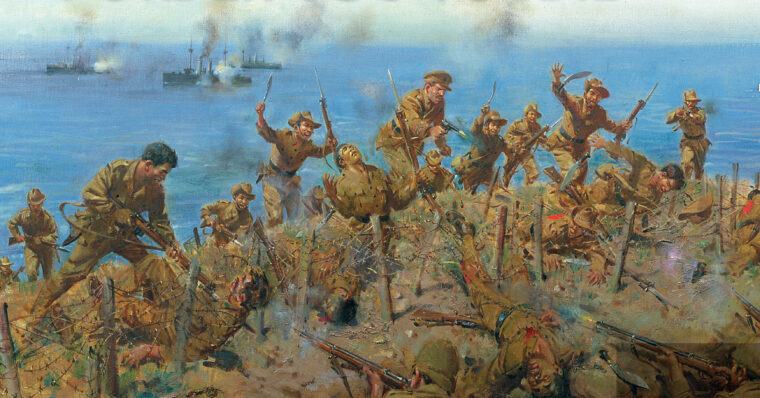
British
“I Order You To Die”
By Victor J. KamenirIn the English-speaking world, most students of military history would be hard-pressed to identify the time, place, or antagonists of the Canakkale Campaign. Read more

British
In the English-speaking world, most students of military history would be hard-pressed to identify the time, place, or antagonists of the Canakkale Campaign. Read more

British
Peering intently through a telescope, General Lemuel C. Shepherd, the commandant of the Marine Corps, scanned the shell-pocked Korean terrain in front of his position. Read more
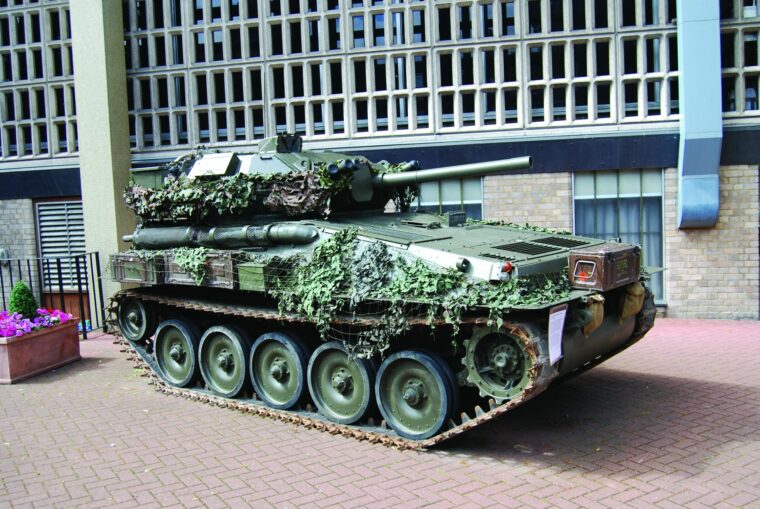
British
The city of London practically overflows with military history. Predating the Romans, London has been the seat of government ever since it was fortified by William the Conqueror in the 11th century. Read more
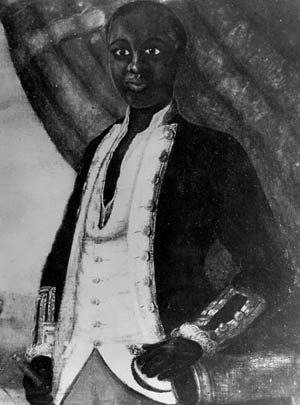
British
There were several African American Revolutionary War heroes that made major contributions on and off the battlefield, but not all of them fought for the Colonists. Read more
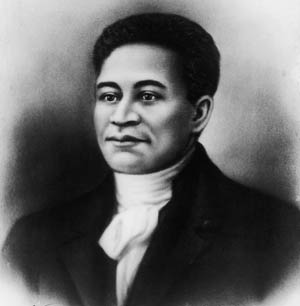
British
There were many African Americans in the Revolutionary War, and although some of them fought for the Colonists and others for the British, freedom was usually their motivation. Read more
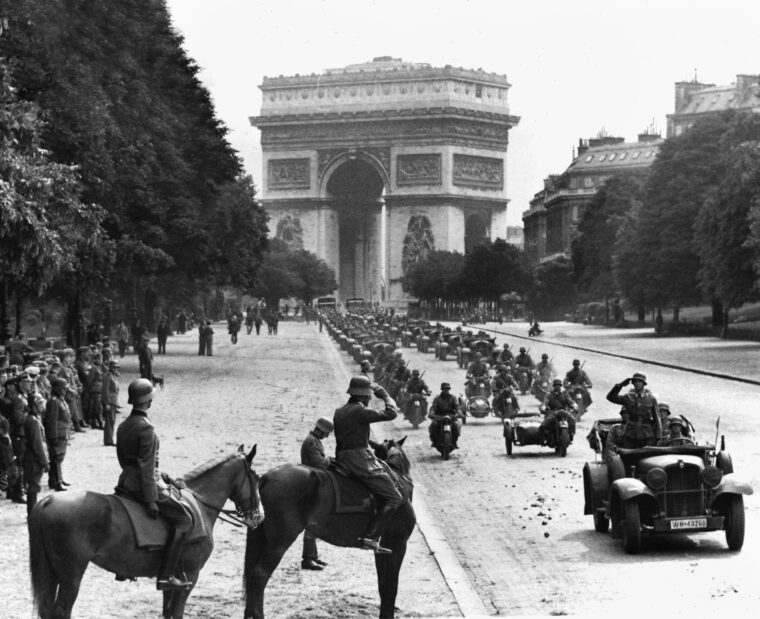
British
Early in June 1940, refugees from northern France and the low Countries who had flooded Paris in May fled with the residents of the city as the German advance neared. Read more
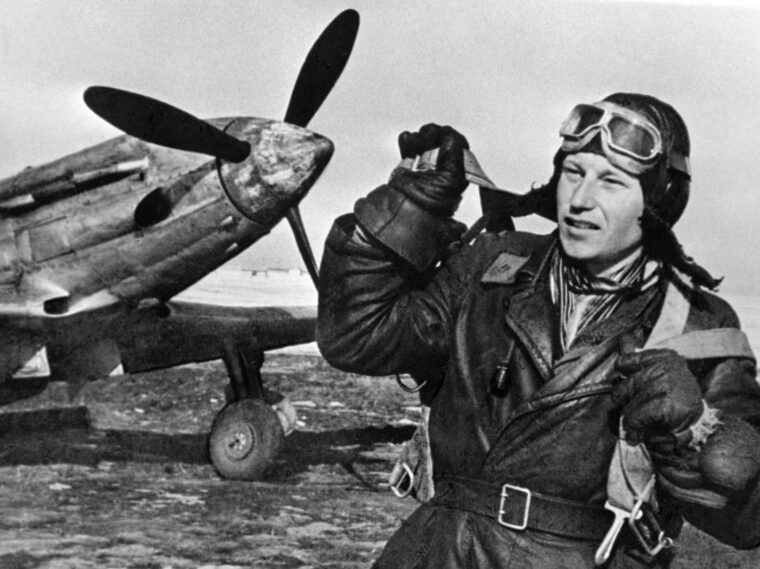
British
According to contemporary Soviet news sources, fighter Ace Alexander Pokryshkin was the most famous pilot in the Red Air Force during World War II. Read more
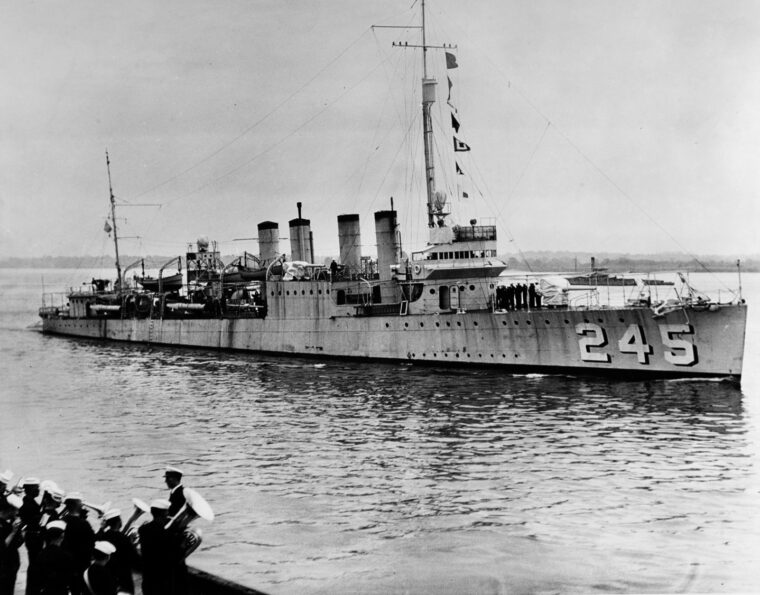
British
When the destroyer USS Reuben James (DD-245) was assigned to convoy duty in the North Atlantic in the autumn of 1941, its crew had a sense of foreboding and feared the worst. Read more
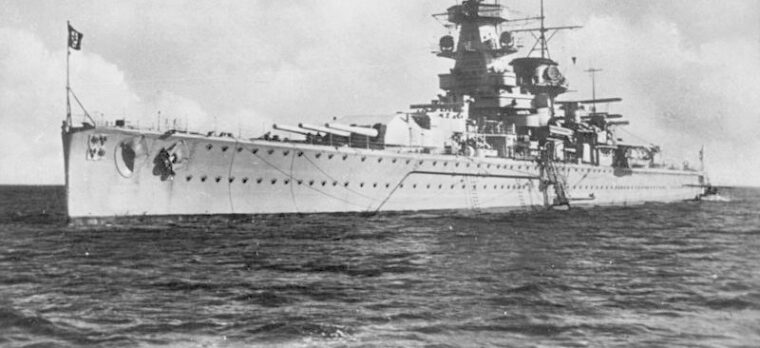
British
As soon as the British radio operator started batting out the distress signal on December 2, 1939, the German pocket battleship opened up with a 37mm gun. Read more
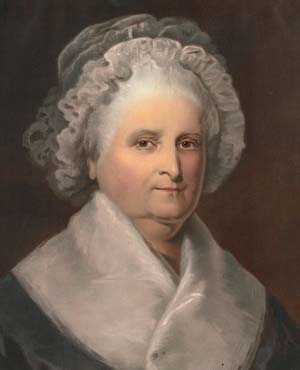
British
Martha Custis Washington, wife of General George Washington, came to the winter quarters of her husband’s army each winter of the Revolutionary War. Read more
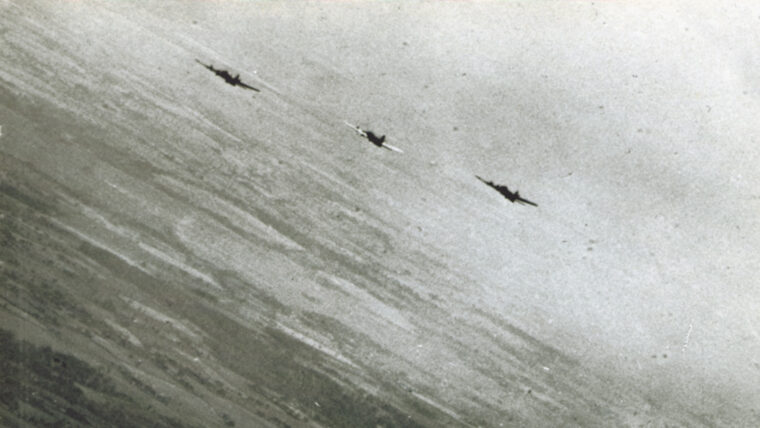
British
When it came to advanced military technology in World War II, arguably no one was better at it than Nazi Germany, whose scientists Adolf Hitler keep busy trying to invent the ultimate “super weapon” capable of defeating his enemies. Read more
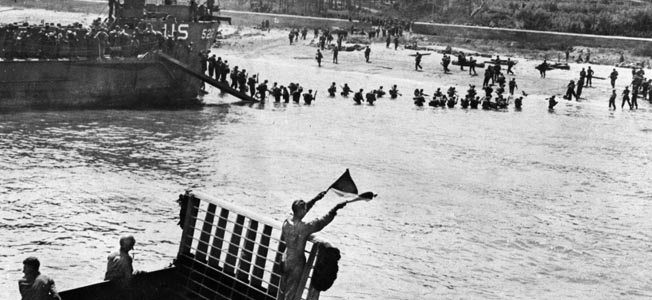
British
Early in 1944, German Field Marshal Erwin Rommel, the defeated hero of North Africa and now head of Army Group B in France, was tasked with strengthening the Atlantic Wall defenses against Allied invasion. Read more
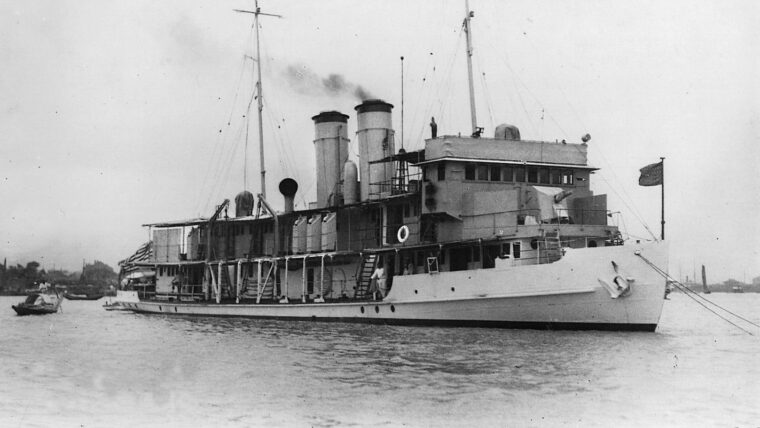
British
For some Americans, World War II started early. In December 1937, four years before the Japanese attack on Pearl Harbor propelled the United States into the war, Japanese planes attacked an American gunboat, the USS Panay, on China’s Yangtze River, strafing and bombing the boat, sinking it, killing three American crew members, and the wounding 45 others. Read more
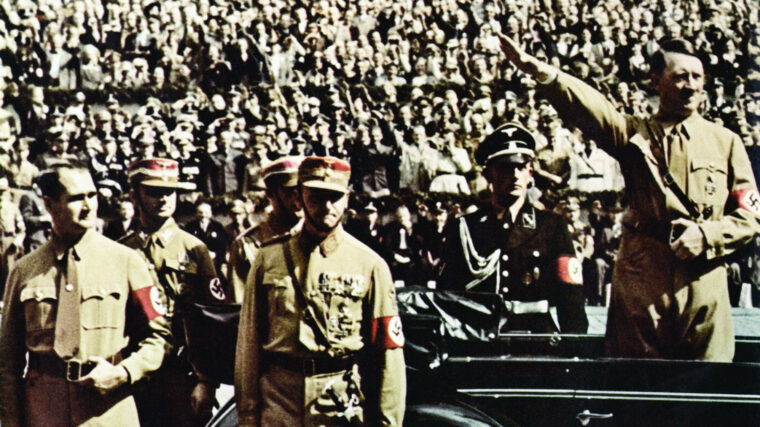
British
In 1979, Dr. Hugh Thomas, a British physician, came out with a highly controversial book that made the startling claim that Nazi Germany’s Deputy Führer, Rudolf Hess, did not commit suicide in Berlin’s Spandau Prison in 1987, but actually died in 1941, and that the man who died in prison was, in reality, Hess’s double! Read more
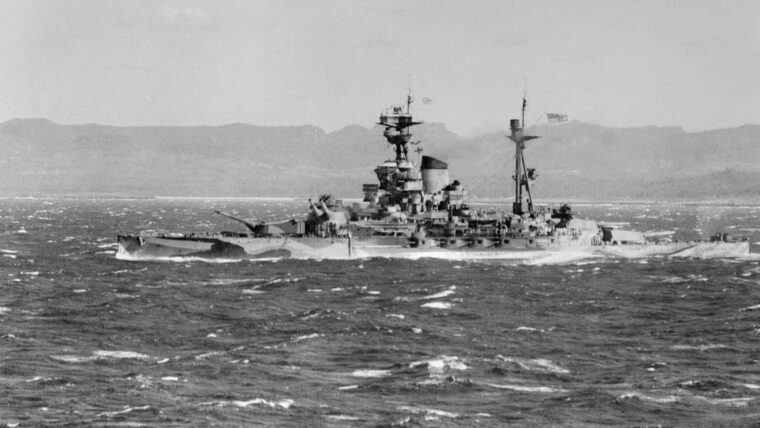
British
In early 1942 things could have hardly looked bleaker for the Allies. In Europe, Hitler’s war machine had steamrolled across the entire continent and was now battling before the gates of Moscow. Read more
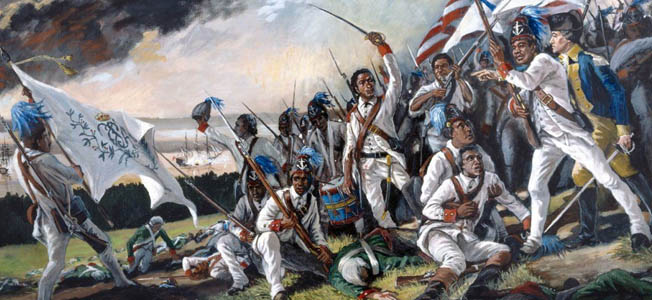
British
Although a large number of colonial slaves fled their condition of involuntary servitude seeking freedom through service to the British Army, an estimated 5,000 African Americans served in the Continental Army during the American Revolution. Read more
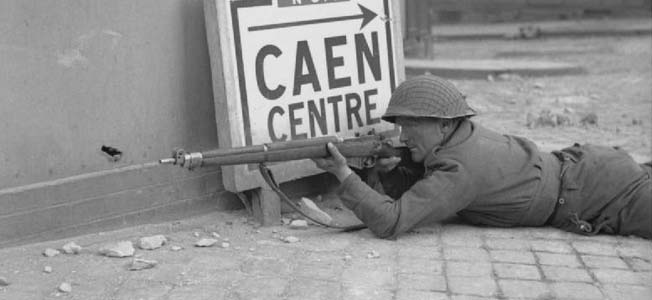
British
By 1901, the Small Arms Committee—the body within the War Office tasked with arming the British Army with weapons—sought to replace their then-standard issue rifle: the Magazine Lee-Metford Rifle Mark II. Read more
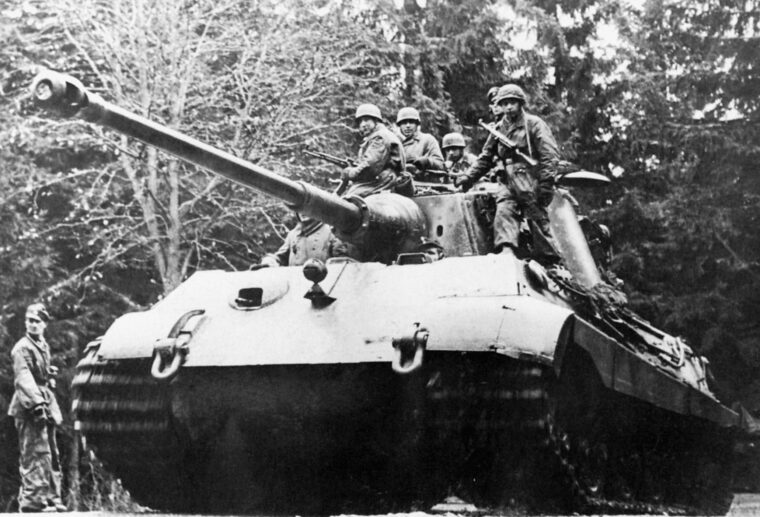
British
When American soldiers landed in France in June 1944 as part of the great Allied crusade to liberate Europe, they were well trained, fully equipped, and brimming with confidence. Read more
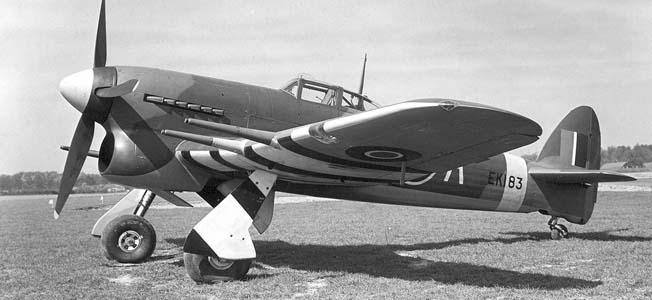
British
In 1934 the British War office accepted a new aircraft design eventually designated the Hawker Hurricane Mark 1. Read more
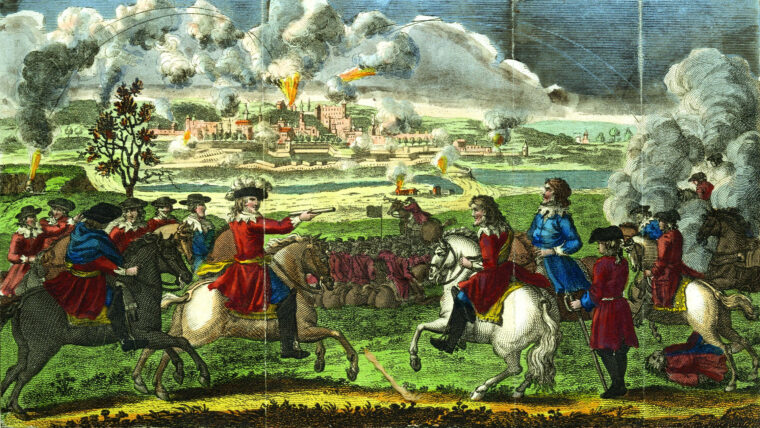
British
On the morning of September 2, 1649, peering over the immense 20-foot-high wall that surrounded the Irish city of Drogheda, English Royalist general Sir Arthur Aston did not like what he saw. Read more